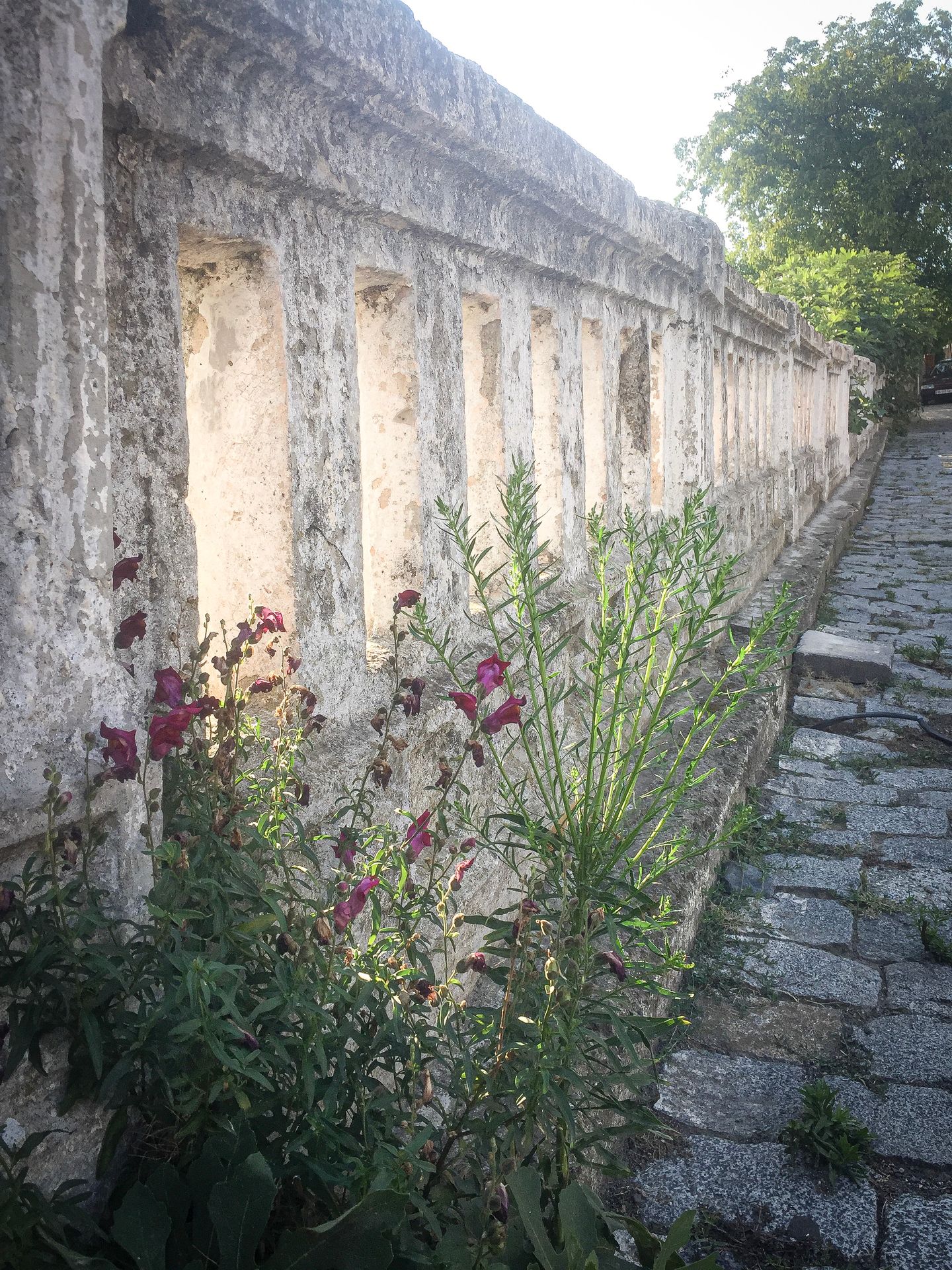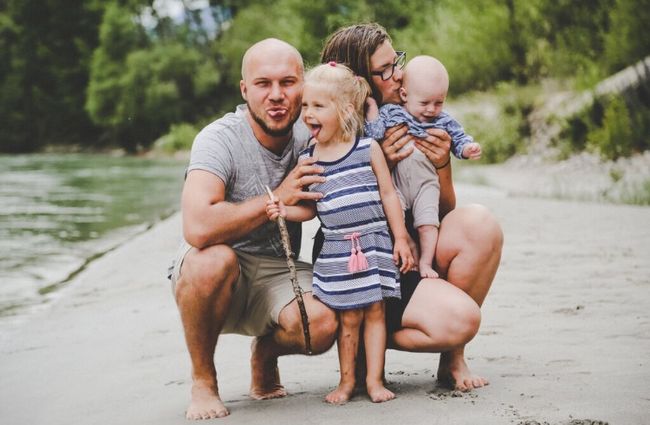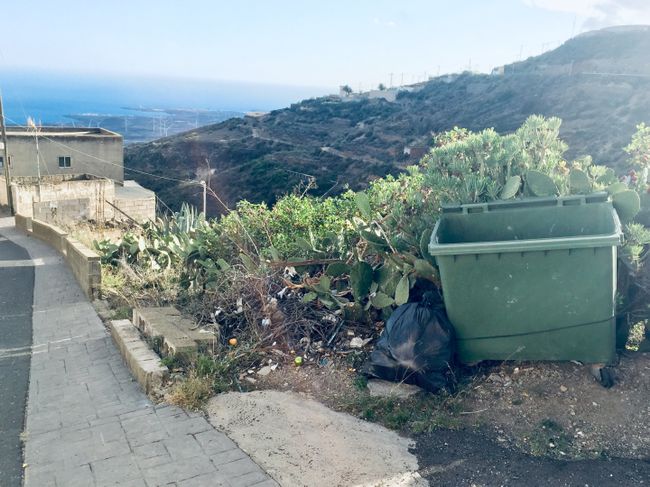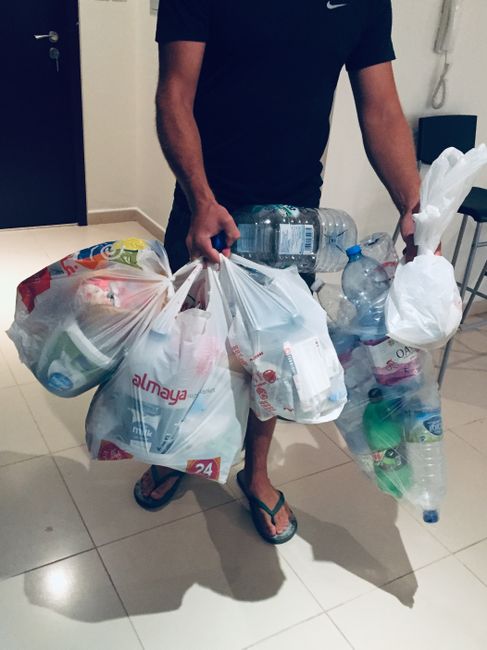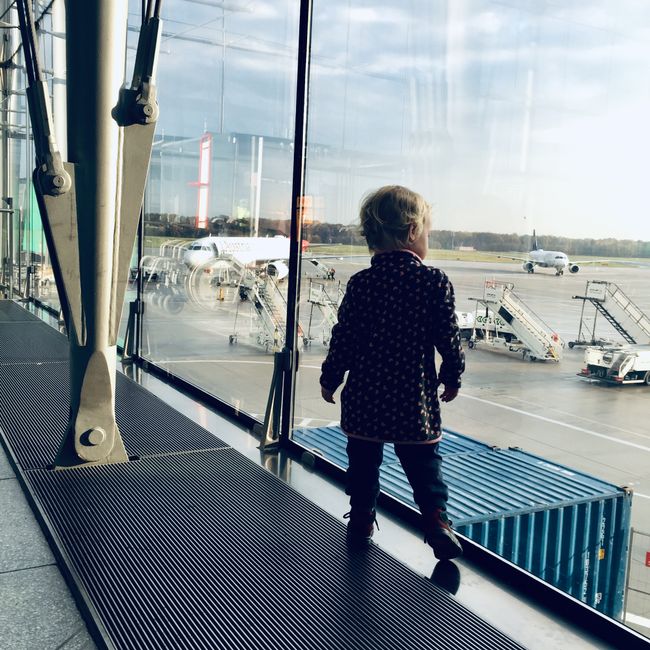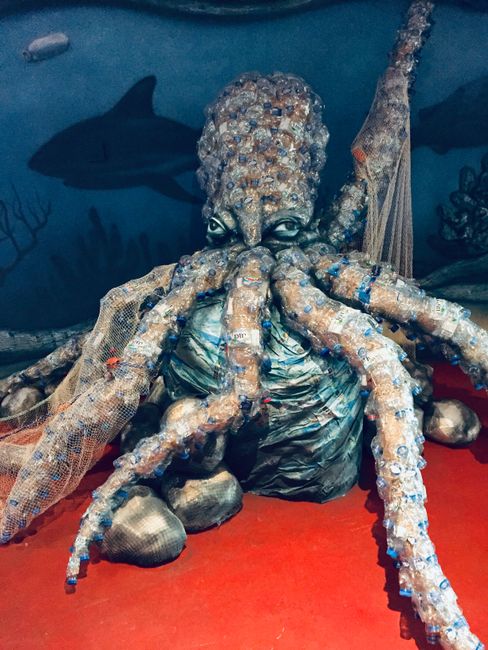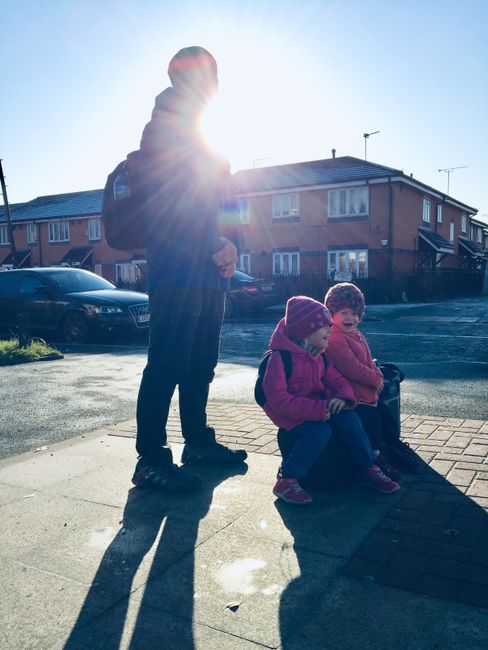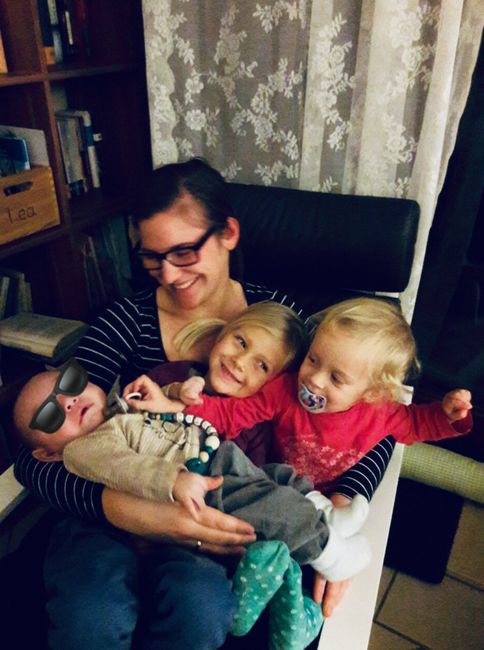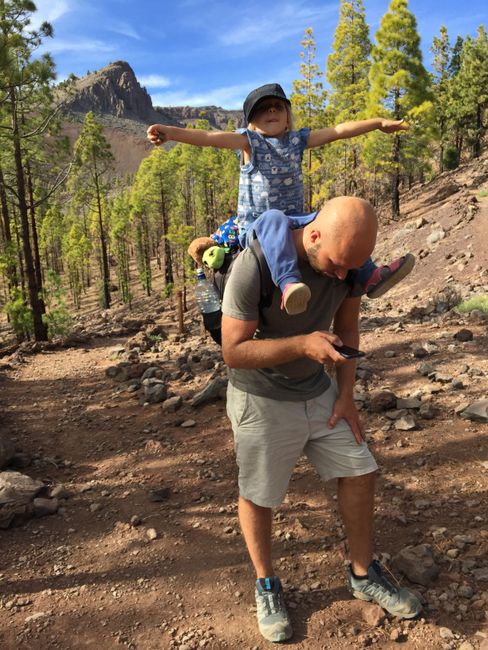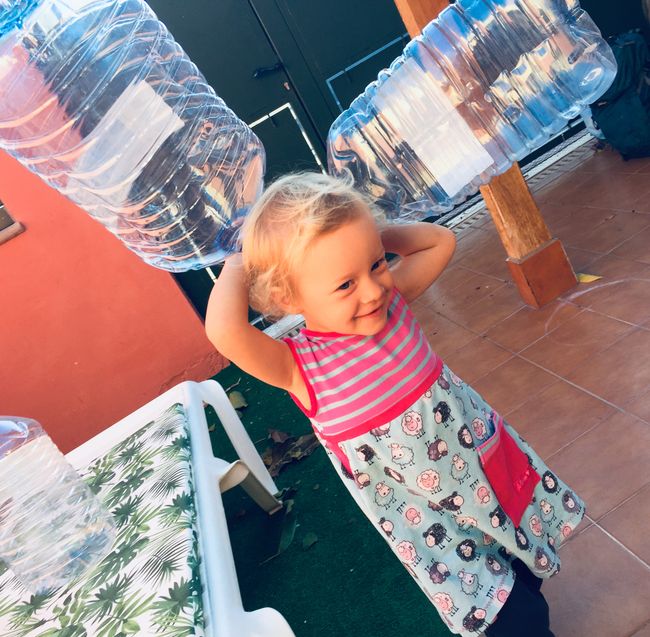Plastic problems
Publicado: 19.12.2019
Subscríbete ao Newsletter
Climate strike, CO2 footprint, microplastics - the Western world is discussing the negative impact of humans on our planet. Most people agree that nature is worth protecting and we want to preserve it - at least for selfish reasons. However, there is heated debate about the sacrifices and means that societies should make for this.
We will of course address this topic on our journey: How do we, as the Green family, sustainably care for our Earth? And what do we observe around us?


To be honest, we found it easier to find answers in Switzerland. Why? Because you live in a system and the system can conveniently tell you how to behave. We did not consume excessively, got our clothes used, and used public transportation and bicycles a lot in our daily lives. We diligently sorted our paper waste and never saw it again afterwards. And somehow we knew that we produce as much waste as not many others in the world, and that cloth diapers are a feasible alternative to the huge piles of plastic diapers we threw away every week, and yet we bent down on the street for a tissue and felt good about it.
We have now left this system. We are jumping back and forth, visiting very different cultures. We noticed: Everyone has a waste problem. And everyone feels that seasons and temperatures are shifting. And yet the answers to this are very different.

In the Caucasus, the people were relatively poor. That meant they could not constantly buy new things. Many are sad because their resources are still being exploited from the Soviet era or by greedy companies, which is very harmful to the environment as in Azerbaijan with oil. However, we observed that societies there somehow have no awareness of waste problems and the like. Everything is simply thrown onto the street, rivers and lakes are polluted. People just live with it and do not think that as individuals they can make a difference. We also felt that they smiled at the European discussions about straw bans and the like. Because it seems a bit like a First World problem. Only when people are doing well do they think about whether they are good or bad for the trees. As long as they themselves are worried about their health, existence, or safety, the pollution of the oceans plays a secondary role. At least that's how we have been mirrored.
When we flew to the Arabian Peninsula, we were amazed right from the start. All resources, all food, all water have to be transported there. In the beginning, we told our daughters not to waste water because it is obtained from seawater and the higher salt concentration next to the system is toxic to the ecosystem - and because water in the middle of the desert seems extremely valuable. But when we passed the 100th fountain, all the pools, and the greenest facilities in the middle of the desert, it felt insignificant whether a four-year-old child let the water run for 10 seconds or 15 seconds. In the Emirates, people simply consume an incredible amount of electricity, water, and other things, and live in an ecologically extravagant way. All streets are illuminated at night with festive lighting, there are ski halls and ice rinks at 50 degrees in the shade. Crazy world. And in the supermarket it got really interesting - because the number of plastic bags the customer receives is gigantic. Once at the checkout, we received a bag for a single clove of garlic - the rest of the groceries were already packed in about 15 bags. We could not garnish our luggage enough with plastic bags - dirty socks, crumbly cookies, and sunscreen - there were simply too many bags!
We have since traveled all over Europe. First through Germany, then Dublin and Manchester, and finally to the furthest point off Africa: the Canary Islands.


We were led there by invitations and encounters with friends and family. Actually, we had decided to fly as little as possible and threw this resolution overboard (great). We wanted to fly directly from Dublin to Central America, but the airline we booked with went bankrupt. Instead of flying from Ireland across the ocean, we decided to spend Christmas with my family in Germany. And from that came the mess of flights that leads us to people we like and enjoy spending time with - an absolute luxury at the expense of the environment. We are aware of that. But we still do it in this case.

The focus on the environment and humanity has clearly shown us one thing: no system really works. In Europe, we think that if we recycle reasonably well, it will be fine. But it's not. We consume so, so many resources. In other countries, you can see that: the river is full of sewage, the beach is littered with plastic bags. In Germany or Switzerland, you don't see it at first glance. The garbage is rather sent to the Philippines by boat.
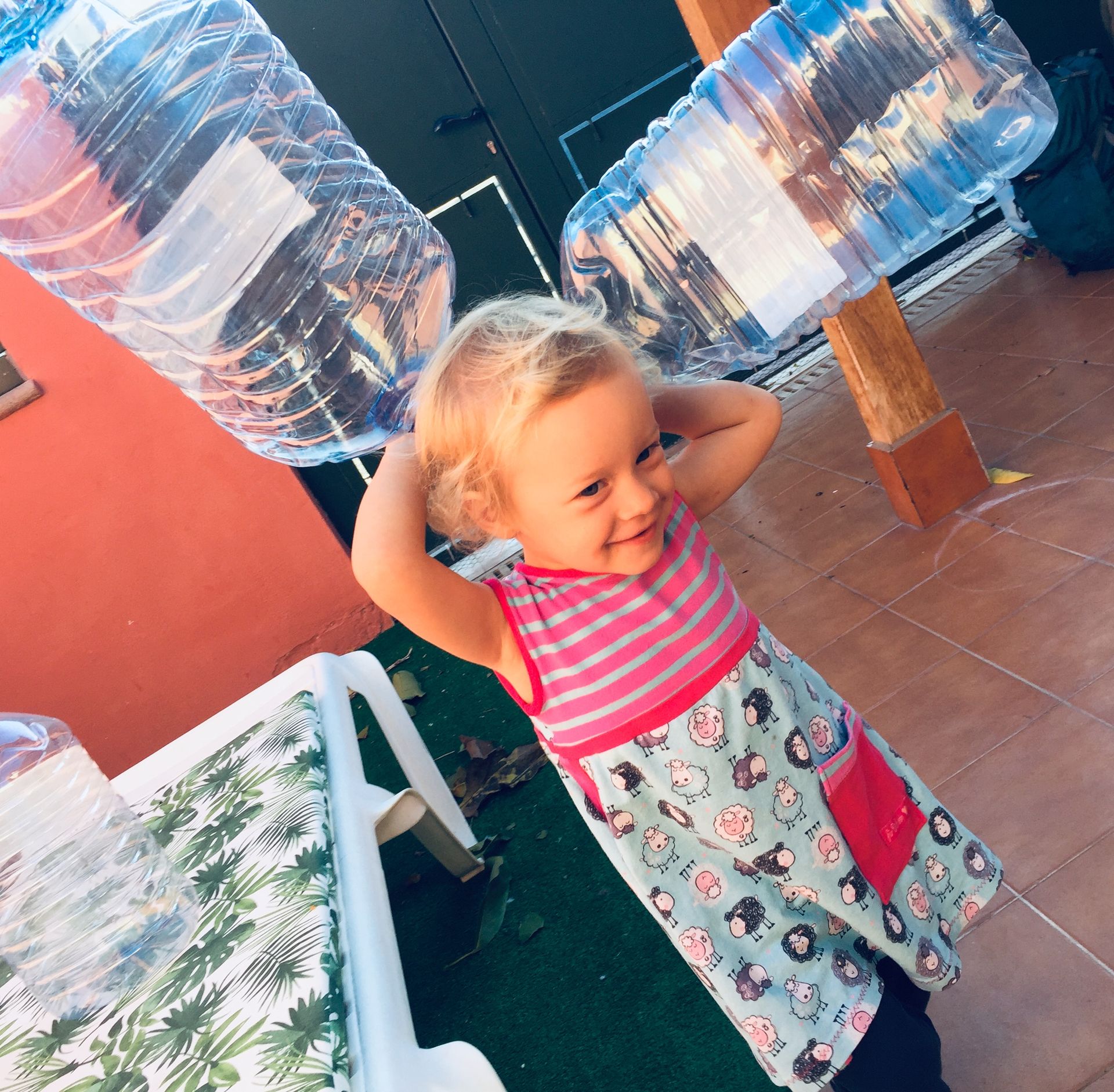
With our journey, we are not doing the best for our environment either. Whether it is more or less than in our everyday life, we cannot say exactly (when we have arrived in Central America from January and no longer fly around recklessly of course). We consume differently, buy less. But our consumption of plastic has become more visible to us. Plastic containers with drinking water, take-away dishes, and a chaos of bags are our travel companions. They are because they are also the companions of the people whose home we visit.

And somehow we feel that it will take a while for citizens of Azerbaijan, people from the suburbs of Manchester, and Greta Thunberg to pull together. Until more people around the world agree that this system is destroying nature. And above all: that something can actually be done about it.
We will continue to observe and travel. We wear our clothes until they fall apart, fly somewhere occasionally (hopefully less in the future), pick up tissues, get annoyed about plastic bags, and talk. And listen. And hope that people will think together more. And then take action.
Subscríbete ao Newsletter
Resposta
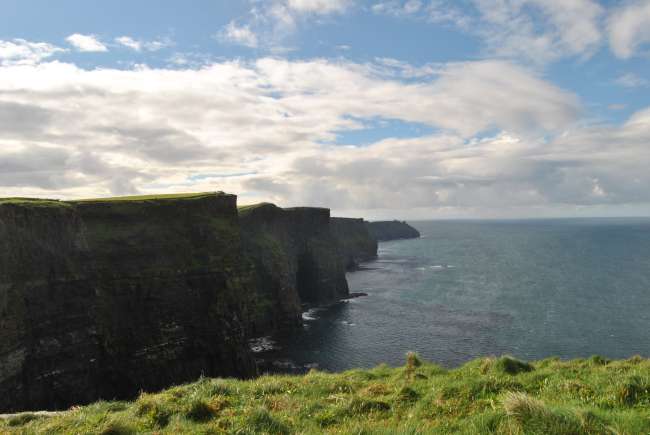
Informes de viaxes Irlanda
